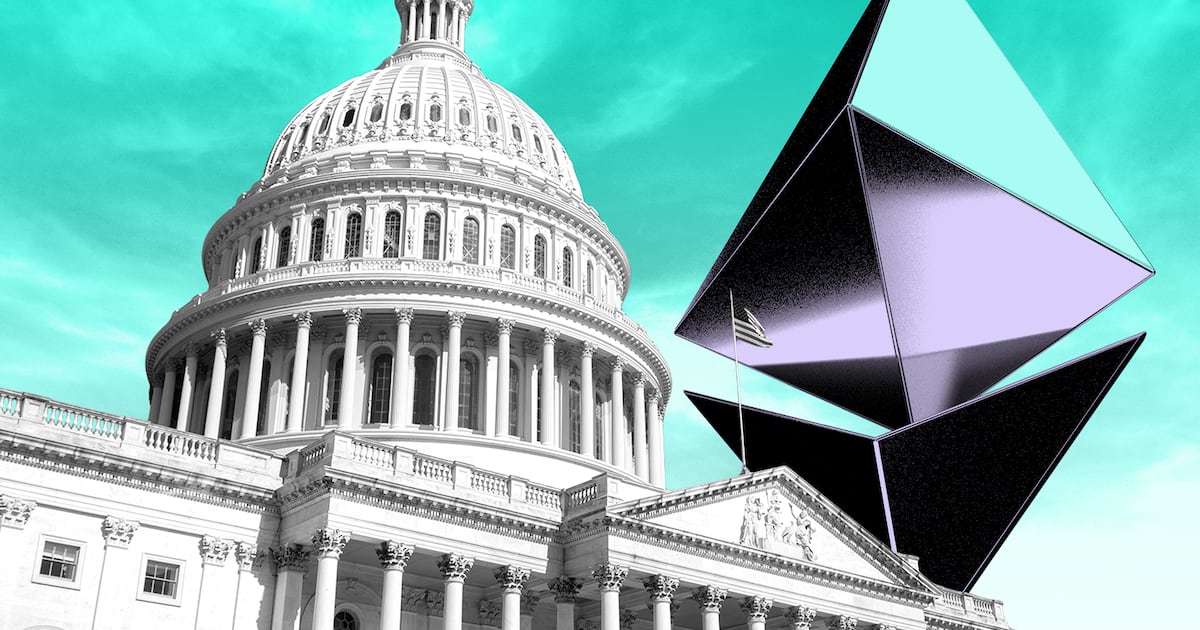Long envisioned as a decentralized financial system and a democratic internet where applications are user-owned, cryptocurrency aims to eliminate traditional intermediaries. This principle of decentralization is now central to the “first” US regulatory regime for crypto proposed in a new bill.
Introduced in the House of Representatives, the Digital Asset Market Clarity Act of 2025 proposes a regulatory framework largely exempting so-called DeFi protocols from oversight. It defines blckchain networks and applications as decentralized if they meet specific criteria, placing lighter regulations on those that qualify.
Defining Decentralisation
While welcomed by DeFi supporters, the bill’s definition of decentralisation has alarmed critics. Some crypto advocates argue it doesn’t go far enough.
According to the bill, blockchain projects designated as “mature” are considered decentralized if they are open-source, have pre-established, transparent rules, and no single entity controls more than 20% of the voting power embodied in their tokens. Mature projects face less regulatory scrutiny.
However, projects launched before 2020 are treated more leniently. Such projects can have up to 50% of their tokens held by insiders without failing the decentralisation test. Sarah Brennan of Delphi Ventures stated, “I don’t think that those projects should be given a free pass.”
The Regulatory Landscape
The bill attempts to resolve a long-standing jurisdictional dispute between the Securities and Exchange Commission (SEC) and the Commodity Futures Trading Commission (CFTC). Previously, both agencies attempted to claim control over crypto markets.
Digital assets “intrinsically linked” to blockchain operations are classified as digital commodities. The CFTC oversees secondary sales, while the SEC gets authority over the initial sale of digital commodities offered as “investment contracts.” However, issuers raising less than $75 million receive more lenient requirements.
The legislation mandates extensive information disclosure for centralised issuers, including financial details, tokenomics, decentralisation plans, source code, and insider identities. It also facilitates bank involvement in crypto and enhances self-custody rights. Definers Brennan pointed out, however, the benefits of decentralisation offered by the bill are “not strong enough,” including reduced reporting, lenient insider rules, and easier exchange listing.
DeFi Exemption and Criticisms
The bill explicitly exempts DeFi activities. However, its text acknowledges that states may still impose their own regulations on this sector. Brennan called for “more of a carrot for reaching decentralisation,” arguing the current definition offers insufficient incentives.
Testifying against the bill, Representative Maxine Waters labelled it a “recipe for continued litigation”, questioning its effectiveness. Timothy Massad, former CFTC Chairman, testified the bill’s metrics for determining control are weaker than traditional securities laws risks, potentially enabling regulatory arbitrage.












